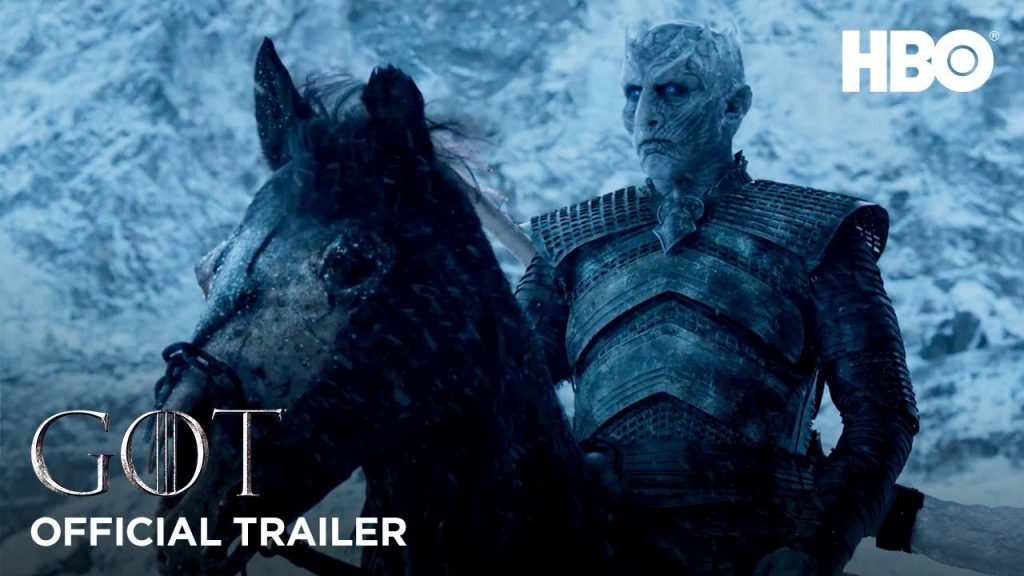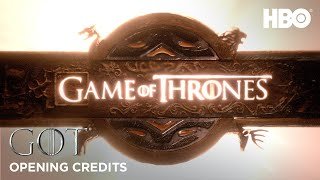🔥 I. THE CORE ESSENCE: WHAT IS GOT REALLY ABOUT?
At its heart, Game of Thrones is not about who sits on the Iron Throne—it’s about the cost of power, the tragedy of prophecy, and the fragility of civilization in the hands of broken people.
It explores:
- The illusion of control in a chaotic world
- The cycle of vengeance and legacy
- The moral rot hidden inside dynasties and systems
- The hunger for power vs. the weight of responsibility
It begins as a political drama, evolves into a mythic epic, and ends as a dark meditation on history repeating itself—even with good intentions.
👑 II. THE WORLDS WITHIN THE WORLD
Westeros is more than a continent—it’s a character in its own right, broken into distinct spheres that mirror human psychology and political archetypes:
🔹 The North (Winterfell)
Symbol of honor, tradition, and the old gods. The Starks represent a lost moral code in a decaying world. Cold, stoic, ancestral—yet brutally vulnerable to deception.
🔹 The South (King’s Landing)
A snake pit of power games, betrayal, and public theater. Everyone wears masks. Politics is a blade cloaked in silk. It’s the dark heart of the realm.
🔹 The Wall & Beyond
A frontier of existential threat. Here, duty becomes religion, and identity dissolves into survival. It’s where the greatest truths are buried under centuries of ignorance.
🔹 Essos
The land of slavery, fire magic, and transformation. Daenerys, Arya, and Tyrion undergo psychological rebirths here. It’s the dreamworld of reinvention and vengeance.
🧠 III. CHARACTER STUDIES: TRAGEDY, TRANSFORMATION, AND TRUTH
⚔️ Jon Snow – The Existential Hero
He’s the bastard who becomes a brother, a leader, a myth. But Jon’s journey is not one of conquest—it’s of identity loss. Every title he gains brings deeper isolation. In the end, he chooses duty over destiny, exile over power.
He is the antithesis of the hero myth: reluctant, moral, tragic.
🔥 Daenerys Targaryen – The Righteous Tyrant
Dany begins as a symbol of liberation. But her fire is both womb and weapon. Her belief in destiny consumes her empathy. Her descent into tyranny is not sudden—it’s gradual, human, inevitable.
She is proof that justice without humility becomes destruction.
🐺 Sansa Stark – The Quiet Strategist
From naive girl to hardened queen, Sansa’s arc is built on survival through adaptation. She learns to weaponize her trauma, outmaneuver manipulators, and claim power—not by brute force, but by understanding people.
She represents the wisdom born of pain.
🧠 Tyrion Lannister – The Intellectual Tragedian
Tyrion is a mind trapped in a corrupt system. He begins witty and cynical, evolves into a believer, then falls when he misplaces his faith in goodness. He’s the audience’s voice of reason—until reason fails him.
His journey is about learning that cleverness alone cannot fix broken systems.
🦁 Cersei Lannister – The Queen of Illusions
Cersei is power incarnate—but fragile. Her love for her children is her only humanity. She rules with fear, but is ruled by fear. Her downfall comes not from enemies—but from inward collapse.
She is the mirror of power’s loneliness.
🕊️ IV. THEMES: DEEPER MEANINGS & EMOTIONAL STRUCTURE
🔸 Power Is a Curse
Almost no one who gains power keeps their soul. Ned loses his life for staying honest. Dany loses her humanity. Jon loses himself. The Iron Throne isn’t a prize—it’s a poison.
“Power resides where men believe it resides.” — Varys
But belief can be deadly.
🔸 Prophecy as Prison
Melisandre, Dany, Bran—all are tied to ancient prophecies. But these myths lead to self-fulfilling tragedies. The more people chase fate, the more they lose their grip on reality.
The show critiques blind faith—even in destiny.
🔸 Family as Burden & Blessing
The Starks are defined by loyalty. The Lannisters by pride. The Targaryens by madness and legacy. Each family both protects and curses its members.
Family is not just blood—it’s fate.
🔸 History Is Written by the Broken
Bran ends up king—not because of ambition, but because he remembers everything. But memory, too, is a form of power—and one that can be weaponized or erased.
What survives? Not swords. Not thrones. But stories.
🐉 V. THE ENDING: FAILURE OR INEVITABLE?
Much has been said about the final season. Whether loved or hated, it reflects a brutal truth:
The game doesn’t end. The wheel doesn’t break. It turns—just under new hands.
- Dany’s death = the death of idealism unchecked by humility.
- Jon’s exile = the return to silence and simplicity after chaos.
- Bran’s rise = the irony of choosing neutrality over passion.
- Sansa’s secession = the rebirth of identity outside empire.
It wasn’t a happy ending. It was a historical ending—messy, cyclical, and drenched in compromise.
🎭 VI. SYMBOLISM: LAYERS BENEATH THE LINES
- Dragons = Legacy, power, and uncontrollable change
- Direwolves = Stark souls—wild, loyal, doomed
- The Iron Throne = A physical manifestation of corrupted unity
- White Walkers = The forgotten truth, the reckoning of nature and death
- Fire & Ice = Two halves of humanity: passion and restraint
📜 VII. LEGACY: WHY GAME OF THRONES MATTERS
Even with a divisive finale, Game of Thrones remains a modern mythology—a mirror to our own world of:
- Authoritarianism cloaked as liberation
- Media-as-myth shaping collective memory
- Idealists undone by the very systems they wanted to change
It redefined what television could be: cinema-level production with Shakespearean ambition.
But it also left a lasting warning:
No matter who wins the game—power always demands a price.
✨ Final Thought
Game of Thrones is not a story about heroes and villains.
It’s a tragedy of inheritance, a symphony of broken people building a broken world, again and again.
It is unforgettable not because it offered answers—but because it asked the right questions, wrapped in fire, blood, prophecy, and betrayal.

